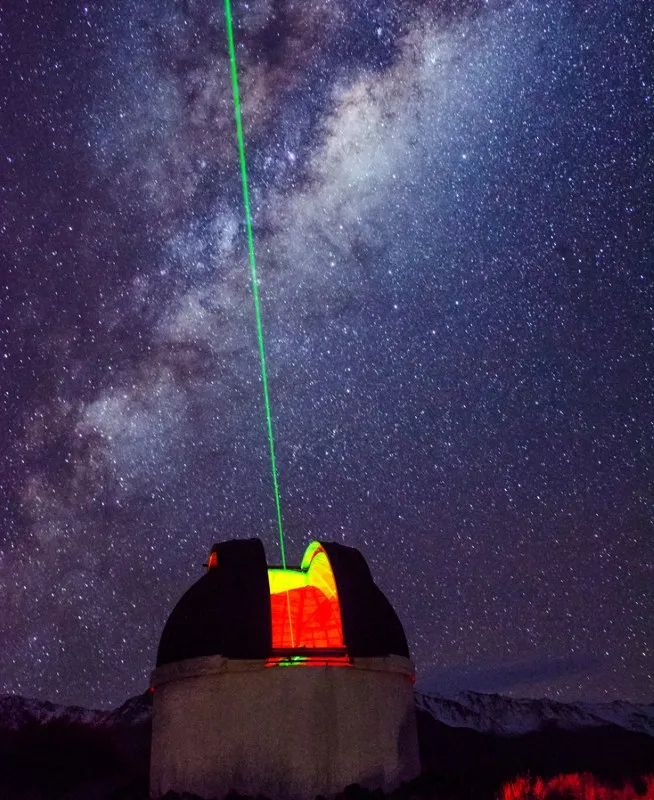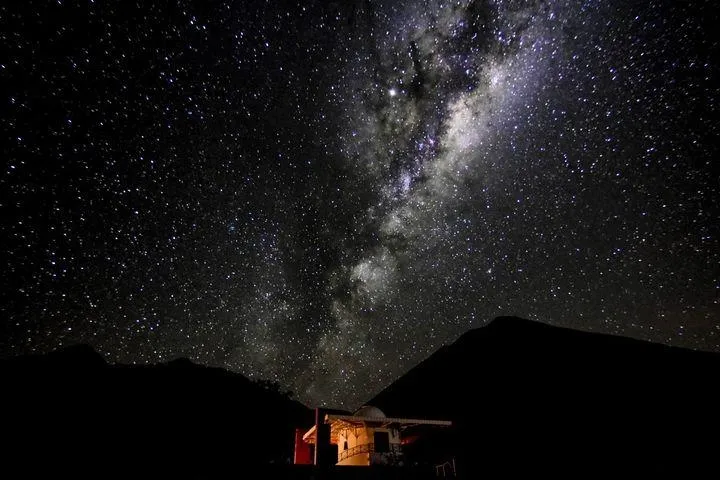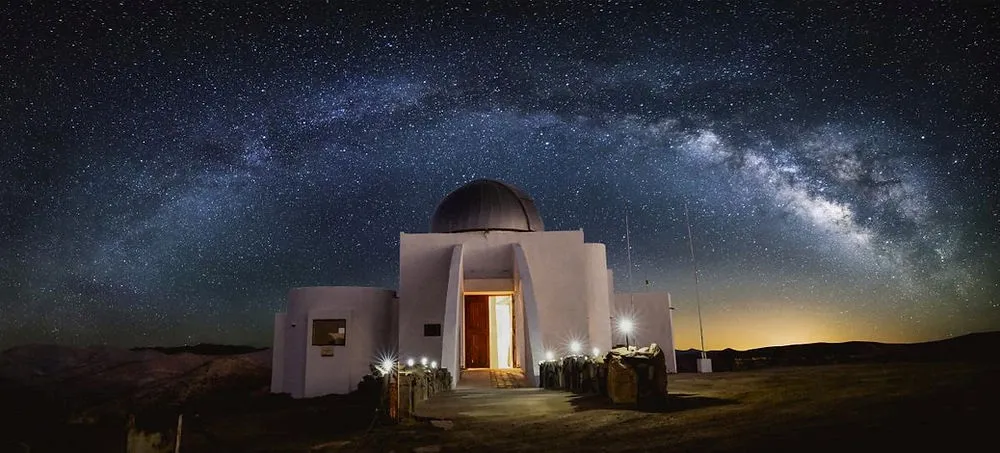At a time when stargazing has become a rare luxury in urban areas, the Coquimbo Region in northern Chile stands out as a model for preserving the quality of the night sky. The observatories Cruz del Sur, Mamalluca, and Collowara have recently been awarded the prestigious Starlight Certification—an international distinction that highlights not only the exceptional quality of their skies but also their commitment to educational and sustainable tourism.
A Protected Sky, a Heritage to Value
The Starlight Certification, granted by the foundation of the same name, recognizes areas with exceptionally high-quality night skies that are actively engaged in their preservation. It confirms compliance with rigorous standards regarding darkness, atmospheric transparency, and minimal light pollution—ideal conditions for astronomical observation.
Supported by organizations such as UNESCO, UN Tourism, and the International Astronomical Union, this recognition also celebrates the role of local communities in protecting celestial heritage and promoting responsible tourism. Beyond its tourist appeal, these observatories also contribute to scientific research through partnerships and outreach programs.
Cruz del Sur: Innovation and Education in Combarbalá

Located in Combarbalá, the Cruz del Sur Observatory is one of the largest in the southern hemisphere. It features four observation domes equipped with high-precision telescopes, a multimedia room, an outdoor amphitheater, and thematic trails that bridge modern astronomy with Andean cosmology, showcasing how pre-Columbian civilizations interpreted the stars.
Mamalluca: A Pioneer of Astrotourism in Vicuña

Situated in the Elqui Valley, Mamalluca was the first Chilean observatory designed specifically to welcome the general public. Its name, from the Quechua language, means “mother who protects”—a fitting metaphor for this space that invites visitors to contemplate the universe under a pristine sky. The observatory offers guided tours and educational activities that combine scientific outreach with an engaging approach to astronomy.
Collowara: Inclusion and Science in Andacollo
As the first inclusive observatory in the region, Collowara has adapted its facilities for people with mobility, visual, or hearing impairments. Its mission is twofold: to raise awareness of science and to highlight the deep connections between astronomy and ancestral cultures, especially the Diaguita. Located more than 1,300 meters above sea level, it offers breathtaking views of one of the clearest skies in the continent.
Our article: Discover Astrotourism in Chile
With over 300 clear nights per year and a rapidly expanding tourism infrastructure, the Coquimbo Region is emerging as a leading destination for astrotourism in Latin America. It offers an experience that blends scientific observation, cultural transmission, and a strong commitment to preserving the night sky.
Because here, looking up at the stars is more than a leisure activity—it’s an invitation to rediscover our connection to the universe through knowledge, wonder, and shared responsibility.
Photos: Collowara, Cruz del Sur & Mamalluca Astronomical Observatories








